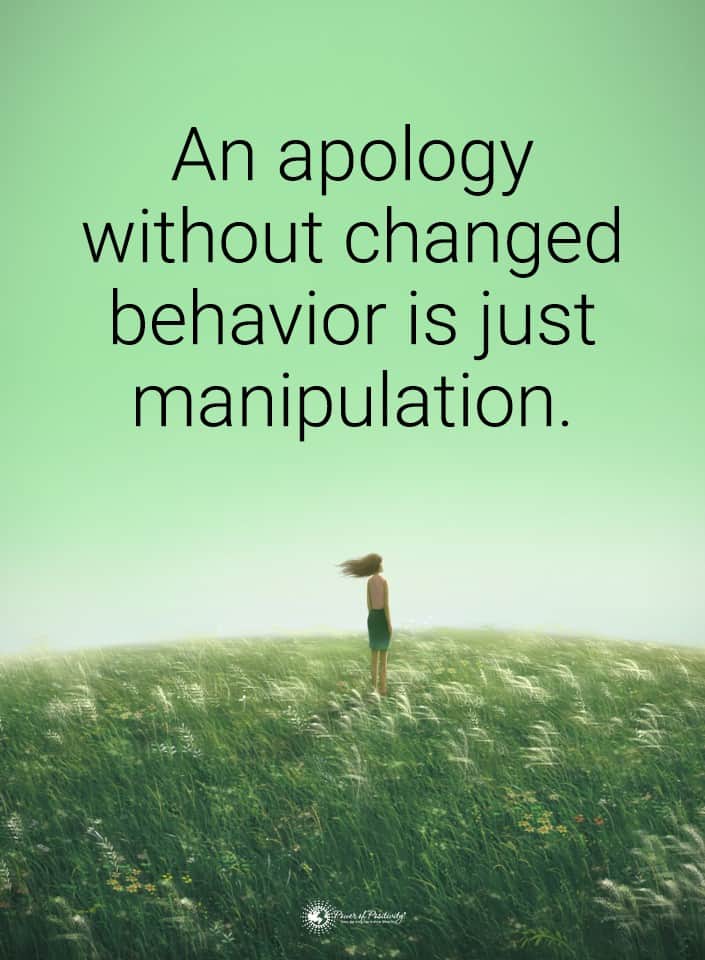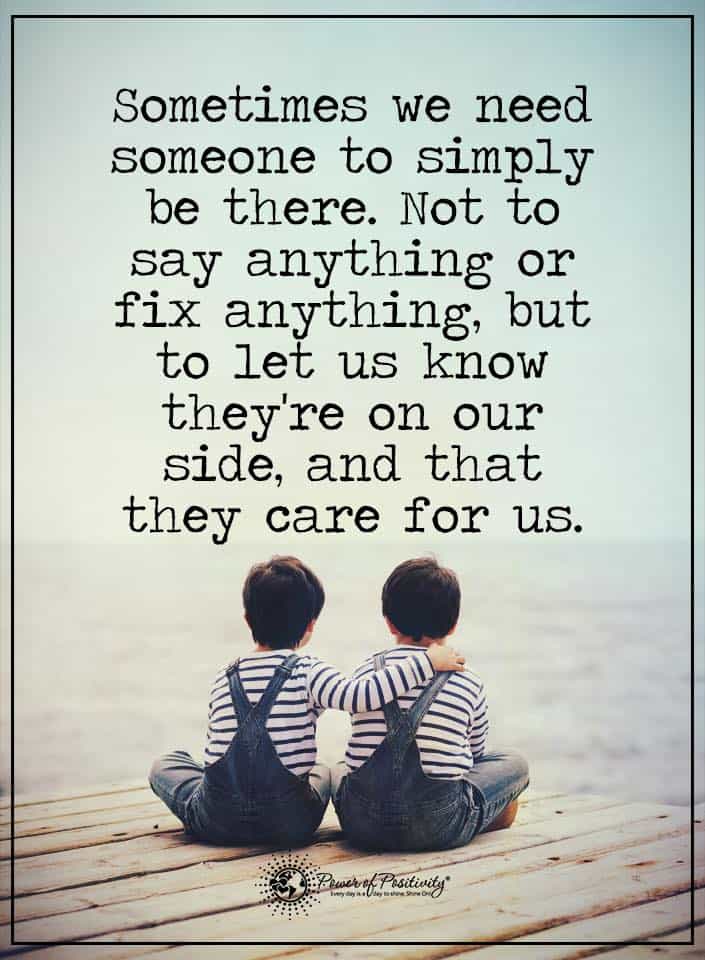Not every person you meet has good intentions. That’s a fact that many people find out only too late. It’s a common problem within humankind. Everyone from the rich and famous to regular folks face this within their lifetime.
“Sweetie, if you’re going to be two faced, at least make one of them pretty.” – Marilyn Monroe
The late Marilyn Monroe was a beautiful, gifted actress and model; as it turns out, she was quite insightful about the personal manipulation she almost assuredly experienced during her ever-present, adored existence. Ms. Monroe possessed the beauty, allure, and, yes, fortune, that screamed: “Take advantage of me!” But, despite her infamous reputation for playing “dumb blonde” characters, she was an astute judge of character. In fact, she was downright intolerant of those that vainly attempted such. Reportedly, she quickly disbanded those with ulterior motives.
Oh, and the “dumb blonde” reportedly had an IQ of over 160. We digress, however. This article is not about Marilyn Monroe. None of us are Marilyn Monroe, and 99.999 percent of us will never come close to achieving the fame and fortune of this intelligent and beautiful woman.
However, we share one thing in common: we’re all potential victims in the eyes of manipulators.
They’ll smile and speak innocently while deliberately attempting to deceive and control our very minds. Unfortunately, these manipulators all too often get their way.
So, what is the solution? It’s complicated, yet simple: we must remain keenly aware of those around us while never hesitating to take the appropriate action.
We’ll discuss 5 signs of an all-too-common type of manipulator: a “nice person” with diabolical intentions.
Here’s the 5 signs a nice person secretly has negative intentions:
1. Conversations are always one-sided if someone has cruel intentions.
No surprise here. Nice people with cruel intentions are programmed to dominate discussions. While some may lack active listening skills, ordinary people will at least attempt to engage in a dialogue. Manipulators of this type are not to be considered ordinary people as it pertains to human conversation.
Here’s the caveat. If the manipulator senses a failure in their conversational tactics, they’ll devise another method to achieve their aims. In some cases, such tactical diversion is a sudden, inexplicable interest in your life and “what’s going on” with you.
Make no mistake, such enigmatic behavior has an explanation: they’re selfish and manipulative. Manipulators are so self-focused that the dialectical spotlight will eventually shine back onto them.
2. A person with cruel intentions may keep repeatedly making demands
Another talent manipulators of this type possess is the ability to wear you down. As an individualistic person of the highest degree, they’ll constantly reiterate – often subtly–the action they wish you to take.
They’ll make demands incessantly. Why? Because their reassuring ego convinces them that their “superior” methods, however ill-conceived, will prevail over their target’s sense of self-control. Don’t allow this to happen. Challenge their words while adamantly refusing to participate in their game.
You’ll win this battle every time, but only if you’re strong enough.
3. Using persuasion as a game
The third on this list relates to the second, as dialogical maneuvers are a favorite tool of manipulators. Similarly, manipulators of this variety have a penchant for persuasion, and whether or not such diversions are effective is irrelevant. They think they are, and that’s all you need to know about such motives.
Persuasion and pressure can be potent weapons, especially when the victim lacks aptitude in discernment. Also, people who have trouble saying “no” can fall victim (sometimes knowingly) to such persuasion.
Use your best judgment, and – regardless of how difficult it may be – muster the fortitude to say no.
4. Abnormal eye contact and body language
Leveraging our interpretation of sustained eye contact can be a weapon for manipulators. To many of us, a steady and confident look indicates trustworthiness. Falsely “nice” people understand this psychological effect – and, of course, use it to their advantage.
Then, there’s the opposite side of the spectrum. Forced (i.e. “long and uncomfortable”) eye contact from the manipulator often indicates a concealed purpose; more specifically, to make someone else do what they want. Pay attention to such patterns.
Should they coincide with other eccentricities, this person – at the very least – requires a sense of caution from our end. Again, judgment and logic must dictate our next course of action.
5. Feeling “bad” after talking with them
Sometimes it’s necessary to either trust or question your “gut instincts.” This is a logical function of the human brain – to question things. When dealing with a “nice person” that’s anything but, this is certainly an appropriate response.
It bears repeating that manipulative people emit a sense of confusion and mystique to people whom they encounter. As mentioned above, communication is a powerful weapon of manipulators. Their innate ability to disrupt normal thought patterns is one reason why so many have fallen for their gimmicks.
This is when it pays dividends to trust your innate sense regarding the individual’s character. Confusion, anger, frustration, and misunderstanding are among the negative thoughts and feelings you may experience after conversing with such a person.
Here’s the bottom line. One of two facts remains: (1) the other’s personality doesn’t resonate with your own, or (2) the other person possesses manipulative notions.
Either way, they’re not to be considered an ally. Staying friends with this toxic person will become self-destructive in the long run.

















